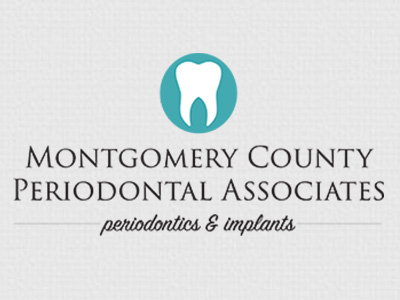When Should You Consult a Periodontist?

Among the different dental specialists, a periodontist is one of the most important for your oral health. Knowing what they do and when it is time to consult one can save you a ton of pain and many unnecessary dentist visits if you catch the problem in time. Periodontal treatments are fairly common, but not everyone knows what to look for and when treatment is necessary. That’s why it is best to keep an open dialog with your dentist to know whether or not you have oral health problems and may need to see a specialist.
It starts with understanding what periodontal treatment is and why you may need it. From there, we will explain the different stages of progression and what treatment is required at each stage. Ultimately, the sooner you get treatment, the better off you will be and the less time you will need to spend at the dentist or seeing a specialist.
What is Periodontal Treatment?
A periodontist is a dental specialist; much like orthodontics and endodontics, they have their own part of the mouth that they treat and are responsible for. Periodontics is less known because most people know of it as the treatment of gums, most specifically, gingivitis and gum disease.
Even though it is not as well known as other specialties, it is just as important. Knowing if you have gum disease and need special treatment is important to the health of your whole mouth. Your gums are important for helping support your teeth, but advanced gum disease can cause a number of different problems that can impact your entire facial structure. The sooner you are able to recognize that there is a problem and get treatment, the better.
The Stages of Gum Disease
Gum disease may not seem like it is that serious, but the further along it gets, the worse it is and the harder it is for a specialist to treat. Worse yet, even if you treat gum disease, it can still come back without a proper oral hygiene routine.
Gingivitis is the mildest form of gum disease and is noticeable by redness in the gums. At this stage, the gum disease is easily treated with a dental cleaning and rinsing with special antibacterial mouthwash to remove all the germs and debris that are responsible for the gum disease. So long as a patient maintains a good oral hygiene routine, they should not have to worry about gum disease returning.
You should ask about periodontal treatment if you notice redness or puffiness in the gums right away.
At the next stage, gum disease gets much more serious, pain and swelling increase, and gums may bleed when brushing and flossing. To treat moderate gum disease, the specialist will need to do what is known as a scaling and root planing or “deep cleaning” procedure. This is a much more detailed version of a dental cleaning that cleans along the base of the teeth and in the gum pockets.
By the time gum disease reaches the severe stage, your periodontist will need to take drastic measures to correct the damage; they may need to perform gum tissue grafts or even surgery. While they may be able to repair the damage, once gum disease gets this bad, it can mean a lot of work.
Conclusion
If you want to avoid these types of situations, consult a periodontal specialist the minute you notice your gums starting to turn red or swell. The longer you wait, the more severe the gum disease gets and the more procedures and time it takes to correct it.
Request an appointment here: https://www.montgomerycountyperio.com or call Montgomery County Periodontal Associates at (281) 404-7548 for an appointment in our The Woodlands office.












